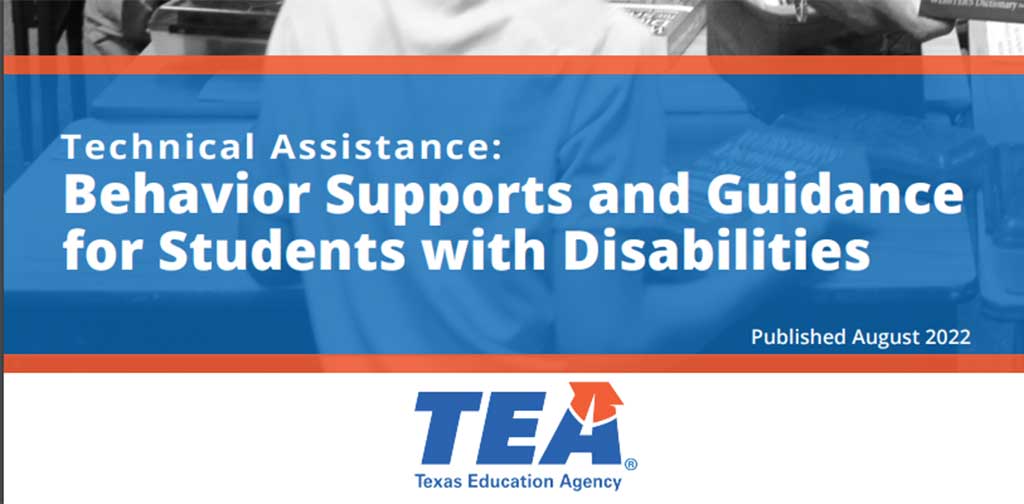A variety of situations arise where parents, and others feel that summer services for a student would be beneficial so that they do not regress in certain skills, continue their multisensory reading program, or gain more access to the general curriculum, and perhaps perform closer to their grade level.
IDEA rules require schools to provide extended school year (ESY) services when an ARD/IEP team determine they are needed for the provision of FAPE to a student. States develop standards for providing ESY. Some states, and Texas have chosen a standard that focuses on a student regressing in important or crucial skills. This standard tends to exclude students with “milder” disabilities. (See TEA’s webpage: Extended School Year Services for Students with Disabilities)
The state does provide some state funding for ESY. A district could use other funds to provide services to students with disabilities who do not meet the regression standard. This includes funds used to provide any student accelerated or intensive instruction as required by state law. These services are required for students who fail STAAR tests; are struggling learners in kindergarten to 2nd grade; or, are at risk of dropping out of school. State rules say that these services can be provided during the summer. See: https://tea.texas.gov/index2.aspx?id=2147496874 and Instructional Decision-Making Procedures for Ensuring Appropriate Instruction for Struggling Students –“The purpose of this booklet is to provide campus-based administrators and educators with procedures for ensuring appropriate instruction for students struggling with reading, mathematics, and behavior, and for students who are English language learners.”
Students with Dyslexia are to receive multi-sensory reading instruction. While the rules do not require that this be provided during the summer, most such programs stress the importance of continuity of instruction. This can be mentioned in requests for summer services for students with Dyslexia. These students also may be at risk for dropping out of school or not graduating.
Texas law requires that 11 strategies be considered for students with Autism. One of these is the need for ESY, or extended school day (ESD) services. Often in determining the amount of time to provide these services schools do not base this on the student’s need, or data. TEA says that the “need for ESY services must be documented from formal and/or informal evaluations provided by the district or the parents.”
Most general education summer programs are for students at the secondary levels who are failing courses. In some cases these programs might be appropriate for a student with disabilities, even if they are not failing the class. Sometimes speech pathologists will recognize that certain students need speech services during the summer. In some specific cases, parents may be able to obtain agreement for summer service, tutoring, or multi-sensory reading instruction through mediation. In some cases access to online instruction or instructional software might be appropriate for a student.
Often districts will “arbitrarily” determine the amount of service they will provide during the summer. It is generally difficult to get agreement to more service due to funding, staff availability, etc. even though services are to be based on the student’s needs. Mediation could be of help in some cases. Parents can also make written requests for more services with any support for their request. This can include that certain special education services, intensive instruction were not provided, and that the child is falling further behind.
It is recommended that requests or inquiries about summer services be made in the early spring. If a school wants to consider summer services for students who do not meet the regression standard, it will take some time for them to plan for and locate staff, if they decide to provide this.



